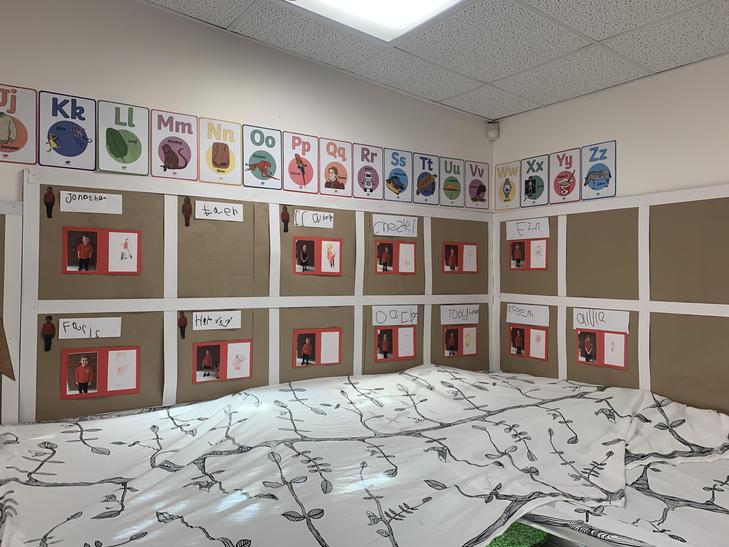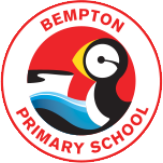English

As a school, we aim to promote high standards of language and literacy. Throughout our English curriculum, we nurture and develop in the children a love of literature and language as we believe that this is vital in achieving success at school and later in life.
We aim to ensure that all pupils:
- read easily, fluently and with good understanding
- develop the habit of reading widely for pleasure and information
- acquire a wide and varied vocabulary and an understanding of linguistic conventions for reading, writing and spoken language
- write clearly and coherently, adapting their language and style for a range of purposes
- use discussion in order to learn, they should be able to explain clearly their understanding and ideas
- are competent speakers and listeners through presentations, demonstrations and participating in debates
Reading
Our children are enabled to express themselves creatively and imaginatively as they become enthusiastic and critical readers of stories, poetry, plays and non-fiction. The school have a book banded reading scheme that includes fiction, non-fiction and poetry titles from Oxford Reading Tree, Bug Club and Project X.
We also have class book corners full of a fantastic range of high quality classic and modern stories and non fiction for children to read. Children are encouraged to read independently and regularly to develop and encourage their enjoyment of reading. Throughout the school reading is taught through Guided Reading sessions and Whole Class Reading session where reading and reading comprehension skills are practised and consolidated. During these sessions teachers and teaching assistants use a range of strategies to enhance the teaching of reading.
Writing
We provide children with a wide range of opportunities to develop their writing skills. In Reception children are given daily opportunities to write freely and independently for a range of purposes using Helicopter Stories. They also have a weekly focused writing session which allows them to write within a particular genre and across the curriculum.
In Key Stage 1 and 2 children are taught the mechanics of writing within the English lesson using a range of fiction and non-fiction books, newspapers, poems and other examples to help develop their writing styles. They are provided with weekly opportunities to practise and develop their skills by writing a range of fiction, nonfiction and poetry. This is then edited so children are given the chance to edit and improve their writing by choosing better vocabulary, correcting grammatical errors and improving sentence structure or length.
Spelling
EYFS and Y1 follow a structured programme of spelling following the Letters and Sounds. Pupils in Y2 and KS2 use No Nonsense Spelling to teach the spelling requirements of the National Curriculum. We place great value on the importance of accurate spelling. Children are provided with word mats and dictionary skills are developed in KS2.
Vocabulary
As a school, we are working on enhancing and developing our children’s vocabulary. New or Key vocabulary is also displayed on class working walls for children to access. Children are also encouraged to question what words mean when they come across a word that is unfamiliar during reading, class work or any other area. Key vocabulary is introduced at the start of a lesson or topic to ensure pupils understand the meaning of these words. In Key Stage 2, children are asked to think very carefully about the word and its meaning if they wish to use it in their writing, ensuring every word earns its place and they are using rich vocabulary.




